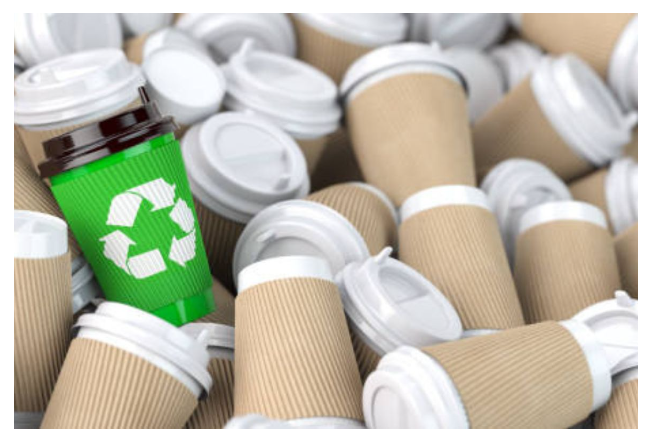Recycling Coffee Cups: A Sustainable Solution
As the world becomes increasingly aware of environmental issues, the recycling of coffee cups has gained significant attention. Everyday coffee drinkers contribute to a staggering amount of waste, with billions of disposable cups being thrown away annually. Many of these cups, often lined with plastic or coated with a layer of polyethylene, are not easily recyclable through traditional means, leading to their unfortunate ending in landfills.
The primary challenge in recycling coffee cups lies in their material composition. Most disposable coffee cups are designed for single use, and while the outer paper layer is recyclable, the inner plastic lining complicates the process. However, some companies and recycling facilities have begun to innovate, creating specialized processes to separate these materials for recycling. In the journey toward sustainability, this progress is crucial.
In addition to improving recycling methods, educating consumers plays a vital role in reducing waste. Many coffee shops offer incentives for bringing reusable cups, such as discounts or loyalty points. This simple action not only cuts down on the number of disposable cups used but also fosters a culture of mindfulness regarding sustainability. When purchasing coffee, opting for a ceramic or reusable cup can significantly lessen environmental impact.
Moreover, there are emerging companies focused exclusively on producing biodegradable coffee cups from sustainable materials like plant cellulose or compostable plastics. These alternatives can help minimize landfill contributions and promote a circular economy.
In summary, addressing the recycling of coffee cups involves a combination of improved recycling technology, consumer education, and the adoption of eco-friendly products. By making conscious choices and advocating for sustainable practices, individuals and communities can help mitigate the environmental impact of coffee consumption, steering the planet toward a greener future.



